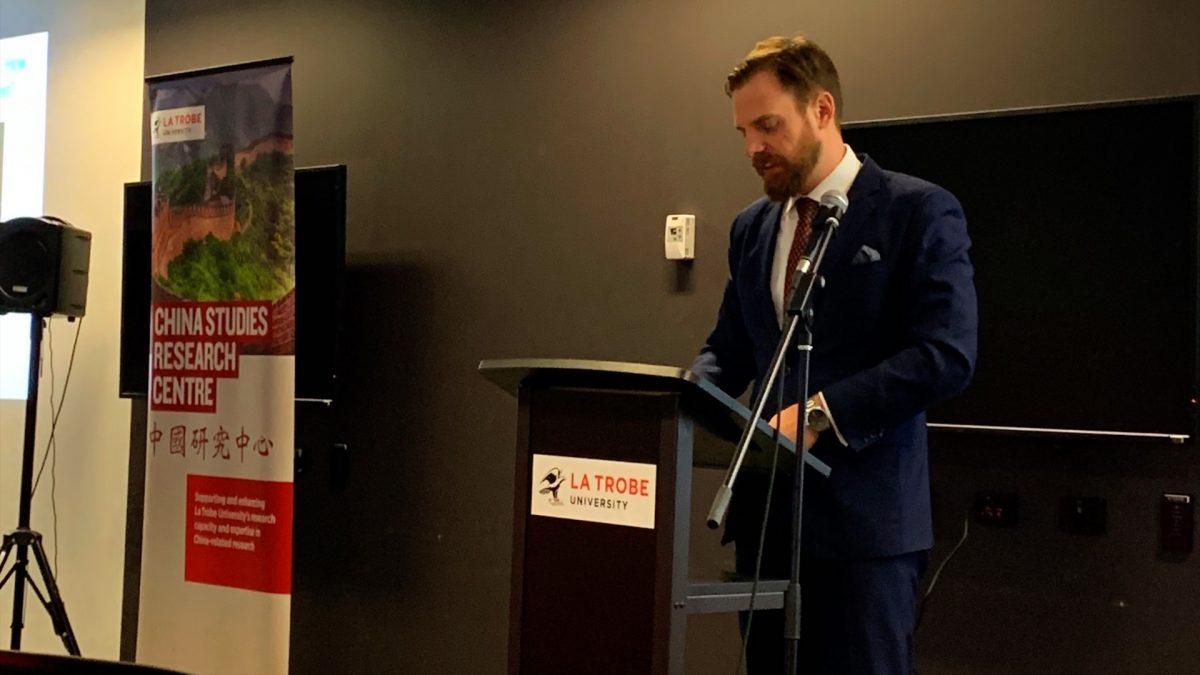
Australia’s Response
On Aug. 5, former Prime Minister John Howard spoke publicly at a mining conference about the Hong Kong protests, describing the hundreds of thousands of peaceful demonstrators as “inspirational,” according to The Australian.“When you think of the total population of Hong Kong and the number of people taking part in those demonstrations, it is a remarkable reminder of the resilience of the human spirit.”
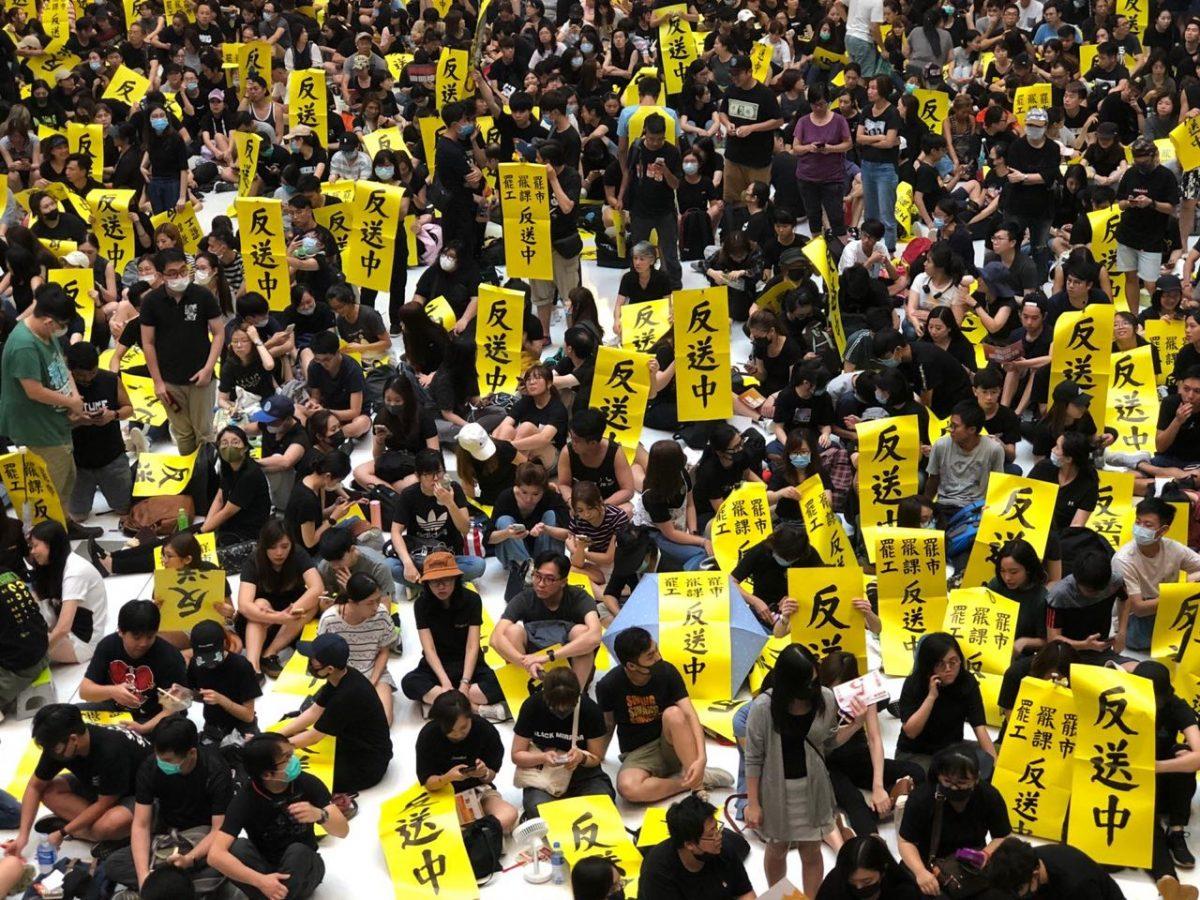
Howard said that the Chinese regime is more authoritarian compared to 10 years ago, adding that “what we are seeing in Hong Kong perhaps represents a glimpse of the future for Chinese society.”
DFAT did not respond to questions posed by The Epoch Times related to Hong Kong’s proposed extradition bill.
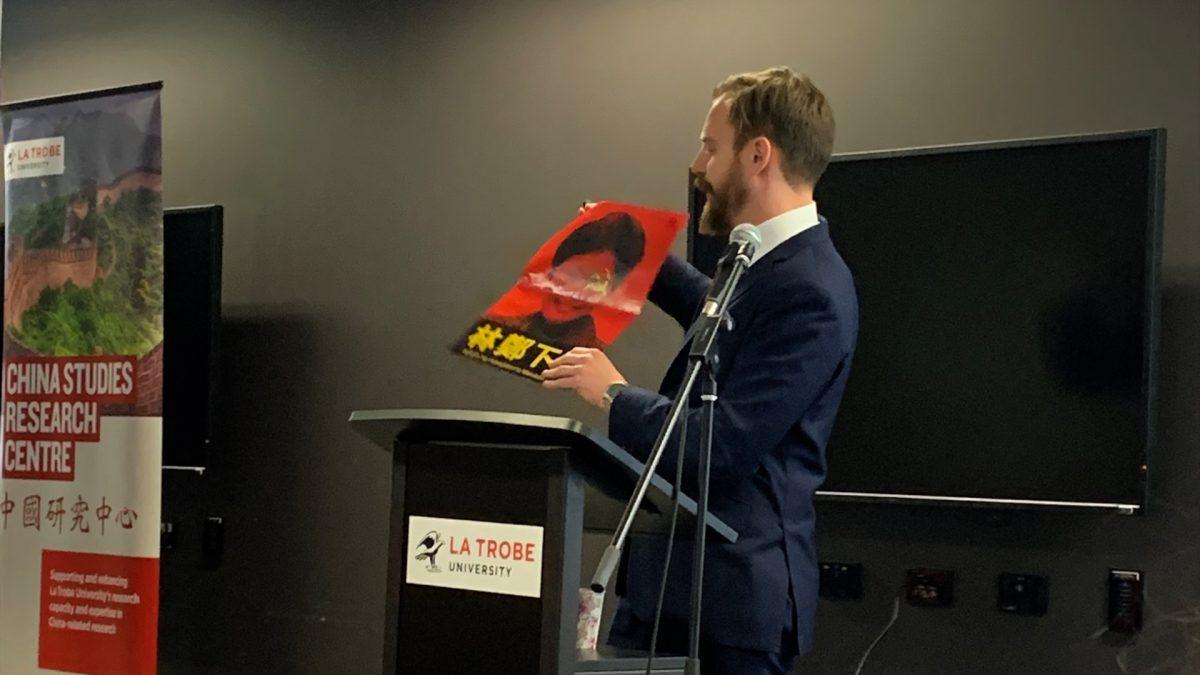
Henderson added: “What is well known is that Beijing certainly intervenes regularly in the political environment in Hong Kong. And for foreign government officials who are concerned about the safety of their nationals under this new extradition proposal … it would allow anybody who set foot in Hong Kong to potentially be extradited to the mainland.
What Can Be Expected in the Short to Mid-Term
Despite no show of willingness from the Hong Kong government to resolve the situation, protestors remain highly motivated, Henderson said.“The administration is in part acting with the hope that the protest movement will fade away.
“Unfortunately, I do see further escalation in the short term. I suspect what we are likely to see in the coming months is escalating violence on the streets.
“I think we’re going to see an escalation in protests and likely to see genuine riots, I think we’re starting to see further restrictions on assembly.”
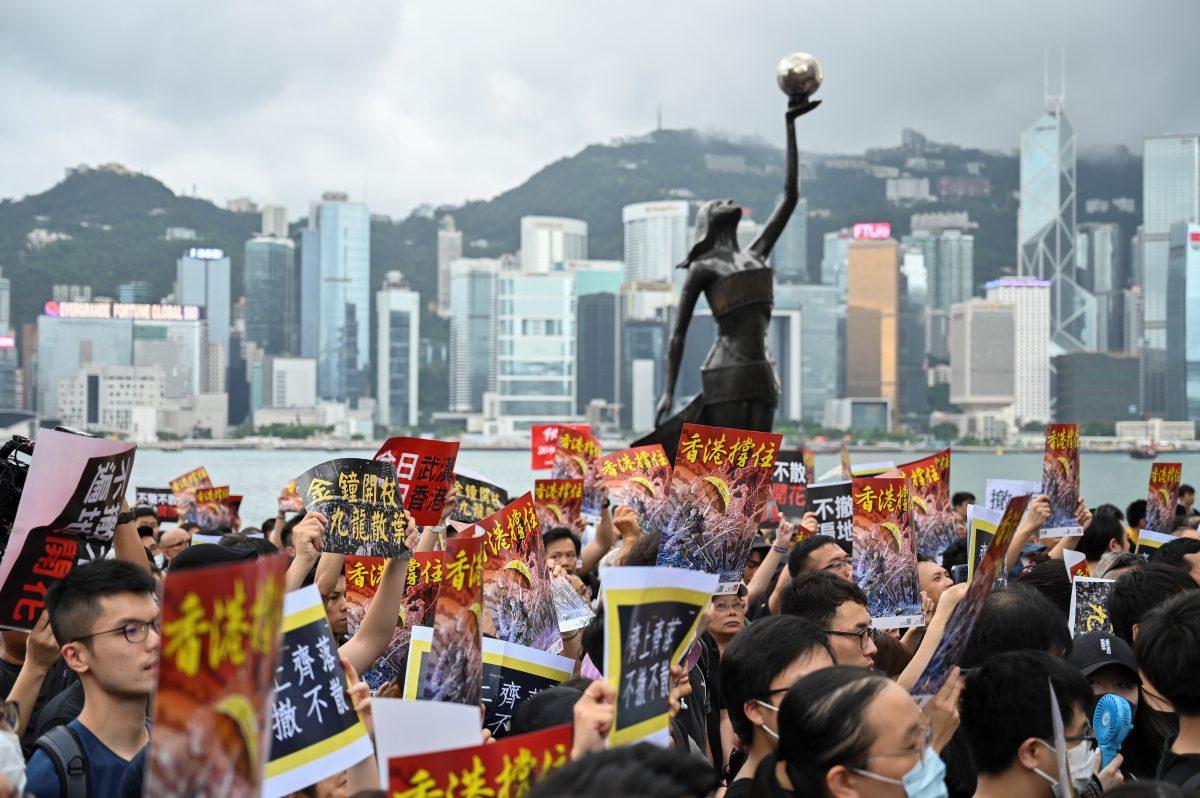
In the mid-term, new laws could be introduced by the government to clamp down on protest activities.
“I do fear about the continuing rising rhetoric of the issues around foreign forces, and what [impact] that might have in terms of civil society development in Hong Kong.
What the Australian Government Can Do
Despite Australia’s economic interests in Hong Kong, Henderson said that standing up for Australia’s foreign values—such as respect for human rights and upholding the rule of law—needs to be prioritised.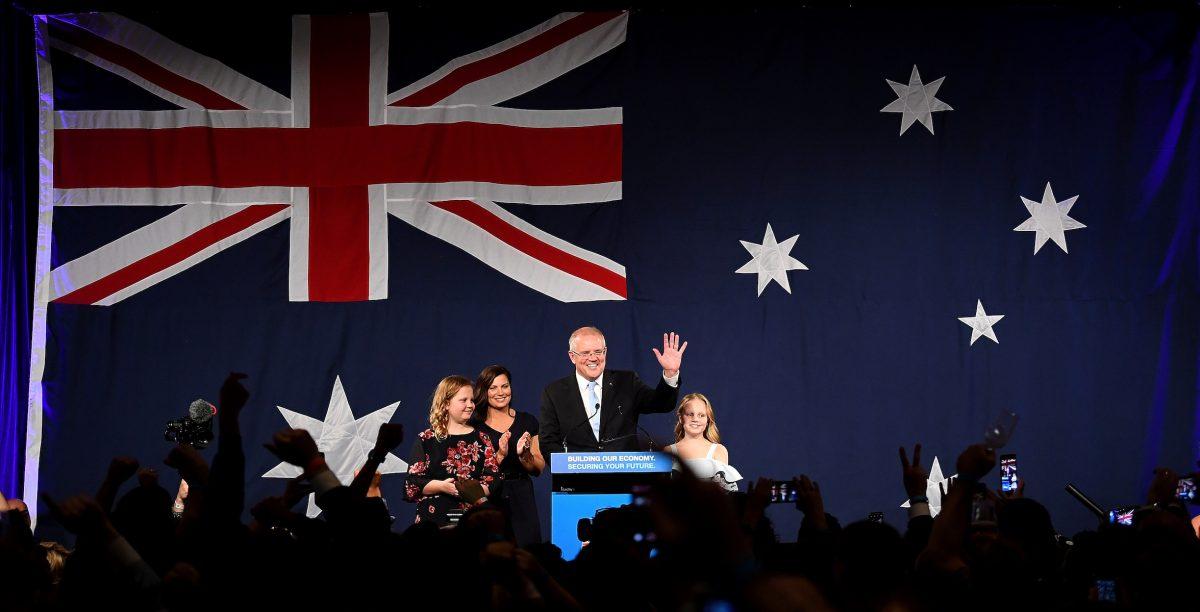
He suggested that communications from the government need to state clearly that they are not for the purpose of interfering with internal affairs but to uphold international law.
Henderson also suggested that the anti-extradition protester’s demand for an independent inquiry into police violence should be publicly supported by the Australian government.
In reference to any PLA deployment by Beijing, Henderson said: “Australia should privately inform Beijing that any action or deployment of PLA would substantially impact Australia-China relations.”
In addition, he said Australia needs to ensure that no crowd control equipment is exported to Hong Kong.
Henderson also suggested three measures that the Australian parliament could take.
“Firstly, a bipartisan motion on Hong Kong, which should note concerns with the overall deterioration of human rights, and rule of law environment, again, clearly stating such concerns are not interference.
“Secondly, I think the parliamentary joint committee on human rights should hold an inquiry into the human rights situation in Hong Kong.
Henderson warned that Australia’s interests will not be protected by ignoring the events taking place in Hong Kong.
“Silence on Hong Kong will not deliver any additional economic agreements, and Australia should not accept any threats from Beijing that will harm such economic interests.
“We should not be held hostage to our foreign policy values.”
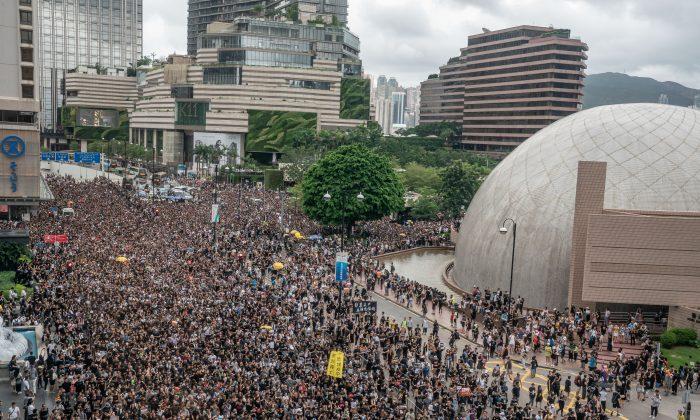

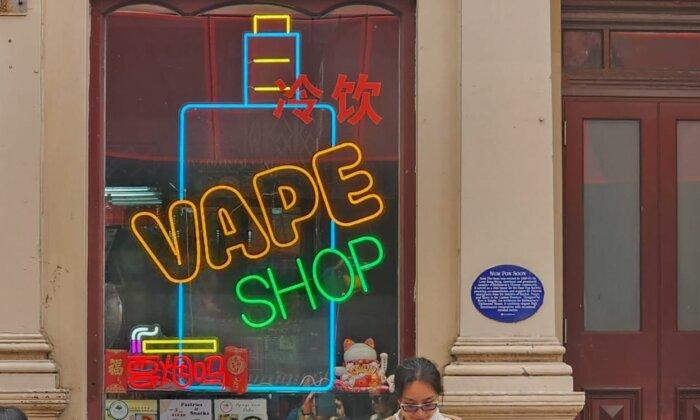
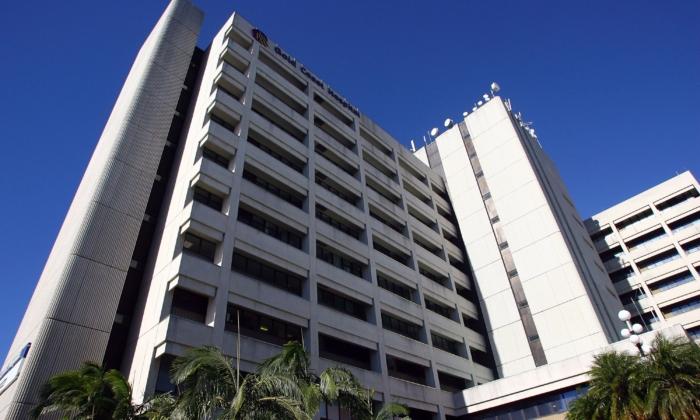
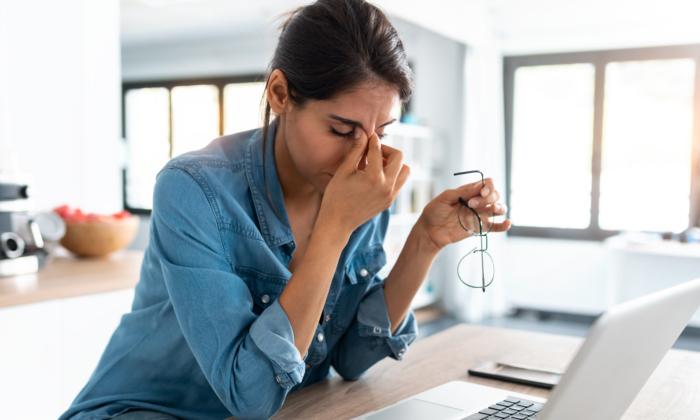

Friends Read Free